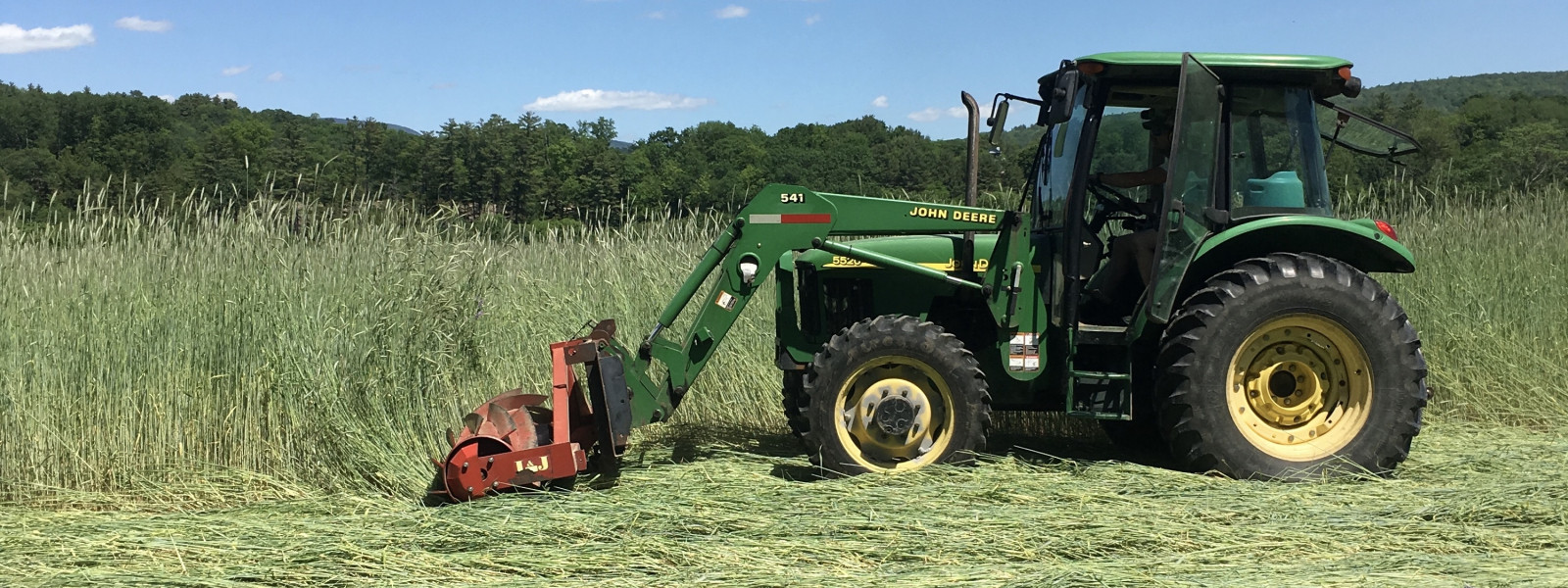
Tips
You searched for pests and found 29 tips.
- Beneficial Insect: Lacewing – These beautiful, slender insects are attracted to lights and are commonly found clinging to window screens at night. But don’t swat them… they’re a big help in the garden. Read more →
- Beneficial Insect: Ladybug – Welcome ladybugs into your garden not only for their cute color, shape and pattern, but for their pest-eating capabilities. Read more →
- Beneficial Insect: Pirate Bug – Ah-hoy! Appropriately named, these bugs are villains toward other pests in your garden. Read more →
- Beneficial Insect: Soldier Beetles – These beetles are related to fireflies. Just like our fiery friends, we also like to keep these soldiers around as they prey on pests that may be lurking among your plants. Read more →
- Beneficial Insect: Syrphid Fly or Hover Fly – These guys are your friends! Adult hover flies resemble small wasps, with a black and yellow or white striped abdomen. They will hover like a hummingbird as they drink nectar from flowers. Hover flies do not sting. They range in size from 1/4” to 1/2” depending on the species. The adults are the pollinators and its the larvae that consume pests. Read more →
- Beneficial Insect: Tachinid Fly – They are North America’s largest and most important group of parasitic flies, with at least 1300 species in the U.S. Celebrate these guys! Read more →
- Beneficial Insects – Learn how farmers use the laws of nature to strategically and effectively battle pests. Read more →
- Companion Planting – Companion plants help each other to grow in some way. For instance, some plants can extract certain nutrients from the soil and make them more available for other plants. Read more →
- Container Gardening – Don’t let lack of space keep you from gardening! Read on to learn how to grow successfully in containers. Read more →
- Geotextiles: Insect Netting – Insect netting is a thin fabric, similar to row cover yet thinner and more porous. Use insect netting on crops with great pest or bird pressure where there is no need to insulate the crop. Read more →
